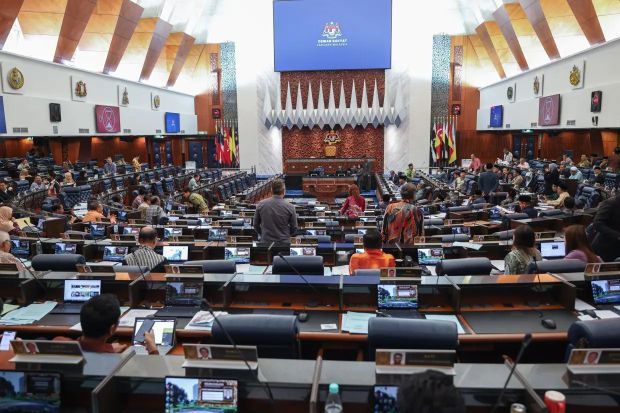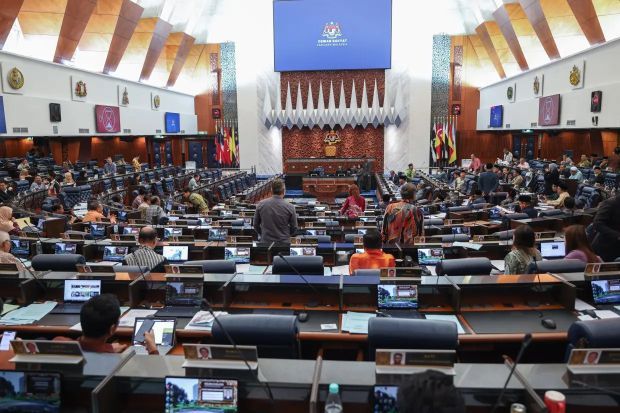
KUALA LUMPUR: The Center to Combat Corruption and Cronyism (C4) has expressed disappointment over the newly passed Government Procurement Bill, saying it was rushed through Parliament by the government.
C4 chief executive officer Pushpan Murugiah said he is extremely concerned, as the public was not given enough time to scrutinise the Bill before it was passed in the Dewan Rakyat.
“MPs, the business community, civil society and the general public were clearly not afforded sufficient time to read the Bill, analyse its contents and implications, or raise questions in the two days between its first, second, and third readings in Parliament,” he said.
Pushpan said the white paper on the Bill was delivered by the Attorney-General’s Chambers and summarised in a Cabinet meeting on August 12.
On August 20, the White Paper was brought to the Cabinet, and on August 22, the Cabinet approved the draft Bill.
The blue Bill was printed and distributed in Parliament from August 23 to 24, with the First Reading on Monday (Aug 25), the Second on Tuesday (Aug 26), and the Third Reading on Wednesday (Aug 27).
“Almost the entirety of the Bill’s life cycle took place within 15 days, which raises serious questions as to why the Bill is being rushed through the legislative process.
This is especially egregious considering the Bill is an entirely new law that will regulate almost all government procurement at both federal and state levels,” said Pushpan.
“The Bill is also 91 pages and 93 clauses long, dealing with major areas of governance in relation to government expenditure, the national economy, and infrastructure,” he added.
Pushpan said the Bill gives wide-ranging powers to the Finance Minister, Chief Ministers, and Mentri Besar.
Ministers can approve procurement with no upper contract value limit, dictate regulations and approval processes, appoint members of the appeal tribunal, exempt individuals or groups from the law, and amend the schedule setting contract value approval limits.
“It is clear the Finance Minister is disproportionately empowered by this Bill with no meaningful check and balance,” he said.
Pushpan also questioned whether the Bill would control rampant sub-contracting, as Section 35 does not prevent sub-contracting since it only bans contract transfers without the approval of the controlling officer.
“This is not much control, since approval from a single controlling officer is barely a barrier and would not realistically prevent cartelisation of the civil service, a problem that already exists,” he said.
Section 35 binds the primary “registered persons” who are vendors registered with the Registrar of Government under Section 18.
The Bill does not explicitly state that contract transfers must be to another registered person, or if further recipients must be registered.
As such, the law barely tackles subcontracting if approval by the controlling officer is only needed for the primary registered person.
On August 28, the Government Procurement Bill was passed in the Dewan Rakyat despite significant opposition.
The Bill passed via a bloc vote, with 125 MPs in support, 63 against, 32 absent, and one abstention.
Prime Minister Datuk Seri Anwar Ibrahim, tabling the Bill for its second reading, said procurement will no longer be monopolised by large contractors or cartels.
Anwar added the government conducted extensive research and stakeholder engagements with federal and state governments, local authorities, contractor associations, professional bodies, NGOs, and academics in drafting the Bill.






